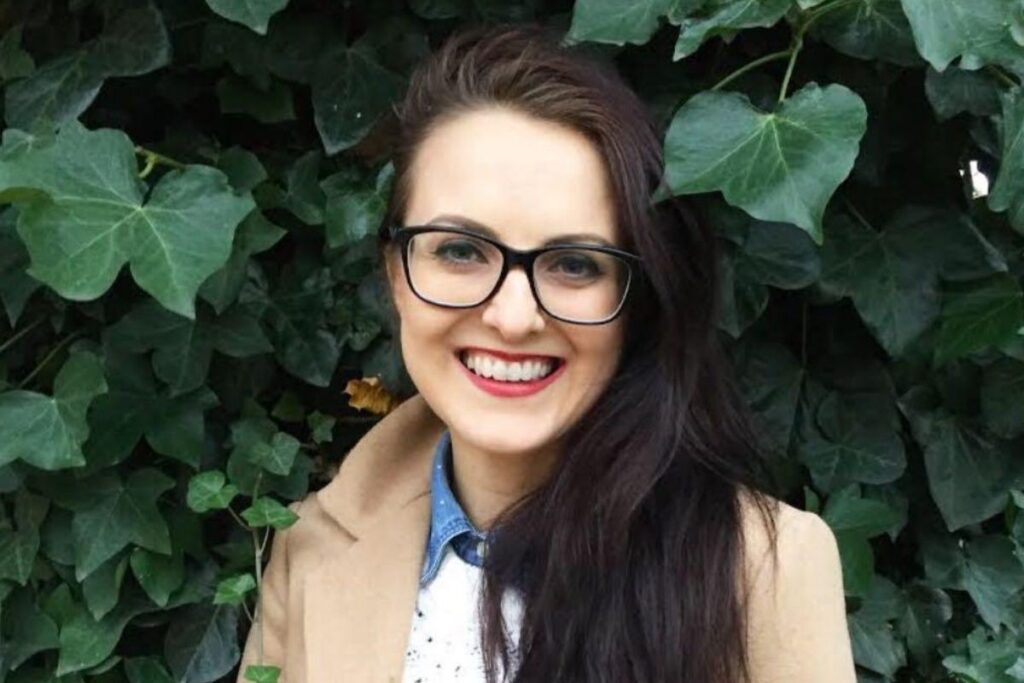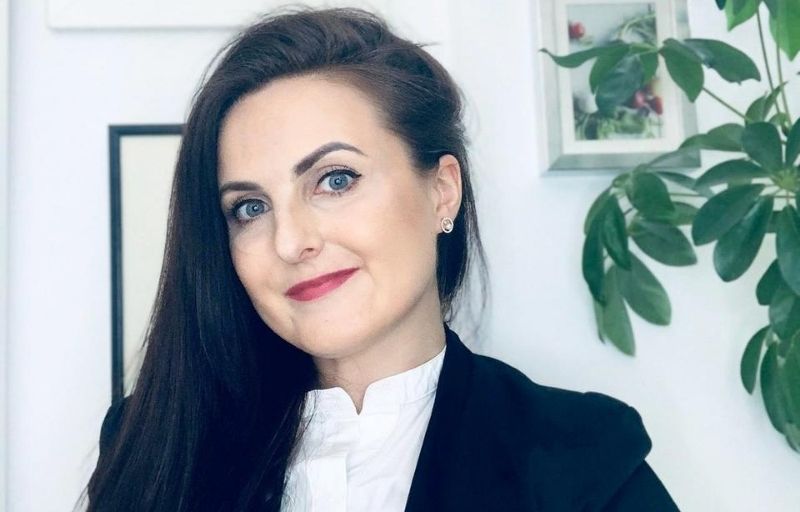Therapist Spotlight: Anna Löfgren
I live in Birmingham with my fiance and two little mischievous ragdolls. I’ve been working as a dental laboratory technician for over a decade but since nutrition became my passion, I decided to pursue a second career as a nutritional therapist.

Hi Anna! Could you please tell us a little more about yourself?
Even though I’ve qualified (from the College of Naturopathic Medicine), my learning hasn’t stopped. I need to keep up with professional development and be up-to-date with the very latest in nutritional research to further my knowledge. When I do find time for other things, I try to spend time in nature, travel and do creative stuff such as drawing and painting.
What led you to a career in nutritional therapy?
It was a mixture of situations that happened over a long period. My interest in nutrition began in my early 20s when I kept hearing about family members and family friends getting cancer. The fear of cancer led me to read the book Anticancer: A New Way of Life by Dr David Servan-Schreiber. This was when I first realised the impact that food and lifestyle choices have on our health.
Later on, I struggled with hormonal imbalances from years of taking contraceptive pills, leading me to implement lifestyle and diet changes which ignited a deeper interest in nutrition. Eventually, I saw a nutritional therapist at the CNM student clinics which opened my eyes to how certain foods impact our blood sugar levels, energy, mood etc.
The positive experience of receiving a personalised nutritional therapy consultation not only transformed my health (energy levels, reduced PMS symptoms and migraines) but it also made me want to become a force in this sphere and give to others what I had been given when I needed it the most.

You take a naturopathic, holistic approach to nutritional therapy, can you tell us more about how this works?
Yes of course. The philosophy of holistic nutrition is that our health is an expression not only of the physical aspects of our bodies but the mental too. So it isn’t just about what we’re eating; it’s about what we’re thinking and saying to others and even more importantly to ourselves.
We’re also becoming increasingly aware – through the science of epigenetics – of how our environment (lifestyle choices, nutrition, behaviour, stress levels, physical activity, working habits) affect our genes and how it can switch some genes on or off. Which is why I always discuss, at whatever length necessary, these external aspects with my clients in addition to what they put on their plates.
You are a practising dental technician interested in the oral microbiome. Can you tell us how nutritional therapy is connected to the oral microbiome and why it’s important?
Sure. The oral cavity is the second most diverse biome of the body after the gut microbiome. A very delicate balance of several hundred species of bacteria exists in the mouth (similar to the gut). These coexisting beneficial, potentially harmful and pathogenic (harmful) bacteria are all important as they form a mutually favourable relationship when kept in balance.
So if you think about the fact that the oral cavity is a major gateway to the rest of your digestive and respiratory tracts, then you can really start seeing the importance of keeping your mouth healthy. Growing research shows that the oral microbiome is foundational to a healthy gut microbiome and thus to just about every aspect of our overall health.
For more information, take a look at Anna’s article The connection between nutrition and the oral microbiome.
My clients can feel truly listened to with empathy and openness. This way we can start working towards finding the root causes of their symptoms, restoring a balance and supporting their healing journey
What can clients expect from their first chat with you?
They can expect a compassionate and supportive attitude. During our first conversation whether it’s via a phone call or an email, I give a very thorough explanation of how I work and what they can expect from our first consultation. My clients can feel truly listened to with empathy and openness. This way we can start working towards finding the root causes of their symptoms, restoring a balance and supporting their healing journey.
Have you any advice to give someone interested in nutritional therapy?
I would recommend choosing a therapist who is registered with a professional association such as The British Association for Nutrition and Lifestyle Medicine (BANT) or Association of Naturopathic Practitioners (ANP). It’s worth contacting different therapists, visiting their websites and speaking with them on the phone to see which one you resonate most with.
At the end of the day, you’ll be sharing very personal things about your health and lifestyle so it’s important that you feel comfortable with your therapist.
Where can people find you?
I can be found on Nutritionist Resource, via the BANT website, or on my website Anna Löfgren Nutrition. Thank you.

Find the right nutritionist for you
All nutrition professionals are verified